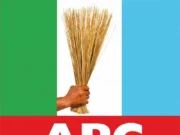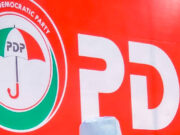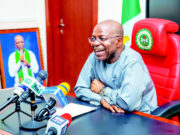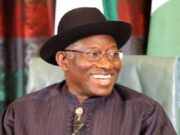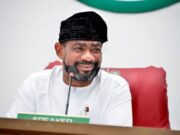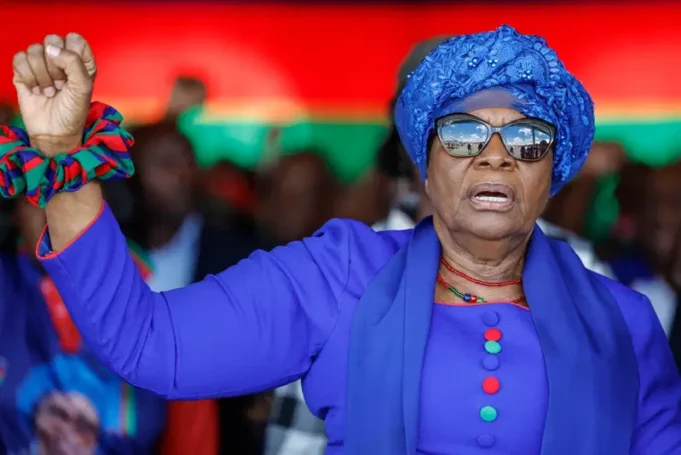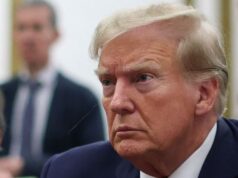Namibia has elected its first female president, with Vice-President Netumbo Nandi-Ndaitwah securing over 57 percent of the vote in last week’s contested elections.
The ruling South West Africa People’s Organisation (SWAPO) party, led by Nandi-Ndaitwah, was declared the winner, though the main opposition party has rejected the results, claiming electoral irregularities.
At 72, Nandi-Ndaitwah becomes the first woman to lead the southern African nation, which has been governed by SWAPO since its independence from apartheid South Africa in 1990.
Her victory marks a significant milestone for gender representation in the country, although it comes amid accusations from the opposition that the election was marred by unfair practices.
The elections, held on November 27, tested SWAPO’s 34-year hold on power. The opposition party, the Independent Patriots for Change (IPC), which garnered 25.5 percent of the vote, has questioned the election’s fairness.
The IPC’s presidential candidate, Panduleni Itula, pointed to widespread logistical issues, including a shortage of ballot papers, long queues, and technical glitches, claiming these problems were designed to hinder voter participation.
Itula has vowed not to accept the results and intends to challenge them through legal channels.
Voting was extended until November 30 due to the delays, with some voters waiting up to 12 hours to cast their ballots.
The IPC described these disruptions as deliberate efforts to frustrate the electorate.
The Electoral Commission of Namibia (ECN) acknowledged these failures but urged the public to accept the election outcome in the spirit of unity and reconciliation.
The election also included national assembly voting, where SWAPO won 51 seats, down from 63 in the previous assembly, while IPC secured 20 seats.
The election results highlight growing dissatisfaction among younger voters with SWAPO’s long-standing rule, reflecting wider regional trends where liberation-era parties have struggled to maintain their influence.
Despite Namibia’s status as a major exporter of uranium and diamonds, many citizens, particularly young people, have not seen the benefits of this wealth, with youth unemployment hovering at an alarming 46 percent.
Nandi-Ndaitwah, a veteran of SWAPO and a former vice president, has promised to address these issues through economic diplomacy and job creation by attracting investments.
Her election is seen as a significant achievement for women in African politics.
Known for her diplomatic skills and long-standing political career, Nandi-Ndaitwah has often emphasized her experience and commitment to national unity during her campaign.
As Namibia’s first female president, she joins a small group of women leaders on the African continent.


